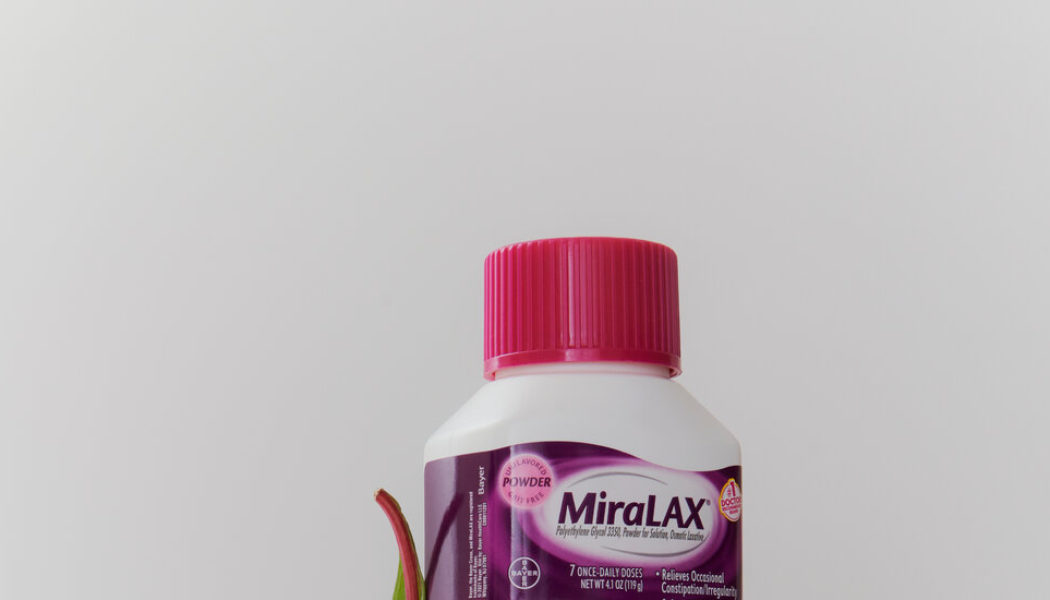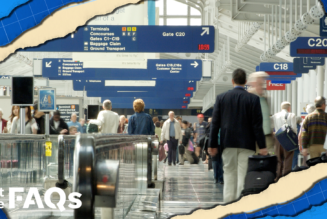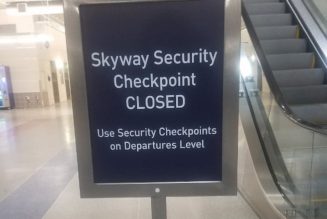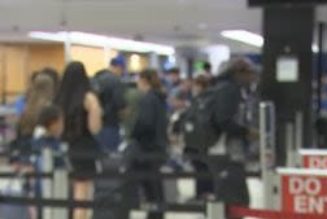
Q: My bathroom habits are pretty regular at home, but as soon as I leave for a trip, constipation hits. Why am I always backed up on vacation, and what can I do about it?
Scientists don’t know exactly how many people experience difficulties with bowel movements on vacation, a phenomenon sometimes called traveler’s constipation.
But Dr. Satish Rao, a professor of medicine at Augusta University in Georgia who studies constipation, said that in his experience, it’s pretty common — affecting what he estimates as one in three people.
Having a bowel movement anywhere from two or three times a week to three times a day is normal, Dr. Rao said. But if you’re going much less often than that, or if your stools are lumpy and painful to pass, you’re probably constipated.
What’s behind the blockage?
If your trip involves a long flight, you can often blame dehydration and immobility, said Dr. Madhulika Varma, chief of colorectal surgery at U.C.S.F. Medical Center.
Dry airplane air can be dehydrating, and some travelers may consume fewer drinks on flights to avoid getting up frequently, Dr. Varma said. If you become dehydrated, your body may pull more fluid from your colon, leaving behind a hard, lumpy stool that can be challenging and painful to pass.
Sitting still for a long time, such as during a flight, Dr. Varma said, can also slow down the muscle contractions that move food through your digestive system.
A departure from your typical sleep routine can be another culprit. Changing time zones can disrupt your circadian rhythm, or the internal clock that regulates sleep and digestion, Dr. Rao said. “When we sleep, the colon sleeps, and when we wake up, the colon wakes up,” he said. “If you’re not waking up at your usual time, your colon gets confused.”
This can happen even if you don’t cross time zones, said Dr. Erin Toto, a gastroenterologist at Penn Medicine. Sometimes, slight changes from your typical eating and sleeping routine can throw things out of whack.
How to stay regular
The best way to prevent constipation is to be proactive with your diet, sleep and hydration, Dr. Toto said.
Starting a few days before your trip, make sure you’re getting enough fluids, especially if you’re traveling to high altitudes or hot climates, said Dr. Samita Garg, a gastroenterologist at the Cleveland Clinic.
There are plenty of hydrating foods and drinks to choose from, though Dr. Rao cautioned against guzzling bubbly drinks like seltzers or sodas. While they can help with hydration, they may make you feel gassy and bloated if you do become constipated.
Try to limit how much alcohol you drink, too. People often drink alcohol more heavily on vacation, Dr. Varma said, but this can cause or worsen dehydration.
Schedule permitting, Dr. Garg said, you could also try shifting your sleep schedule toward the time zone you’re visiting. Once there, getting exercise, even just 15 minutes of walking, can encourage a bowel movement by stimulating your colon.
When it comes to mealtimes, try to avoid going overboard on fatty meats, fried foods or foods rich in dairy, Dr. Garg said. These take longer to break down in the gut and can contribute to constipation. She recommended opting for foods with the “three F’s”: fluid, fiber and fruits (and veggies).
Prioritizing fiber is especially key. Recommendations vary from person to person, but most people should aim to consume at least 25 grams of fiber per day, Dr. Varma said. “That’s kind of a lot,” she added. “If you’re not getting it with just your diet, supplements can help.”
Soluble fiber supplements, such as psyllium, tend to work well for constipation, she said. But be sure to drink them with water, which makes your stool softer and easier to pass. And it’s always a good idea to check with your doctor before taking any supplements.
Fermented foods such as sauerkraut, kimchi, yogurt or anything pickled can also help keep your gut microbiome healthy, which is good for digestion, Dr. Rao said. And drinking coffee can stimulate the urge to go.
Over-the-counter laxatives can help, too, but not all of them are great for travel. Dr. Toto recommended polyethylene glycol (Miralax), which tends to cause less cramping and diarrhea than stimulant laxatives like bisacodyl (Dulcolax).
When to worry
If it’s been a few days and you haven’t had a bowel movement, don’t panic, Dr. Toto said. “It’s definitely a myth that you need to poop every day,” she said.
Dr. Rao recommended calling a doctor if it’s been three times as long as what’s normal for you. For instance, if you usually go every other day, you can probably go around a week without a bowel movement.
No matter what, experts say, call a doctor if there’s blood in your stool or if you’re in extreme pain. And if you’re not feeling the urge to go, Dr. Varma said it’s best to avoid pushing or straining too much. This can cause a host of other problems, including hemorrhoids.
Caroline Hopkins is a health and science journalist based in Brooklyn.









